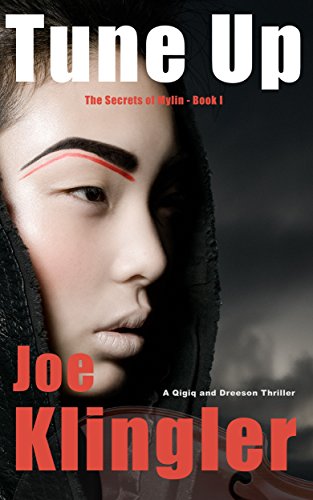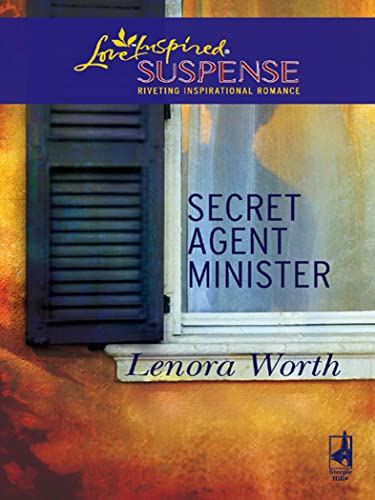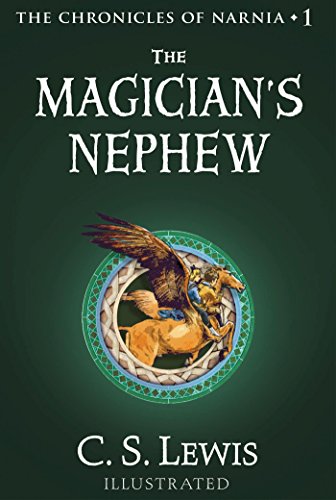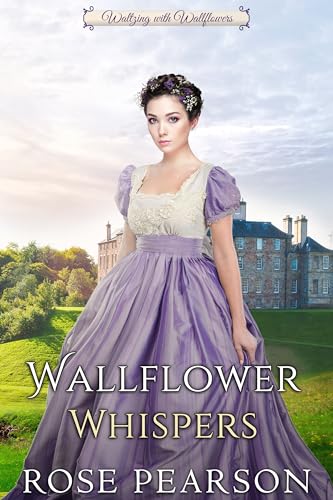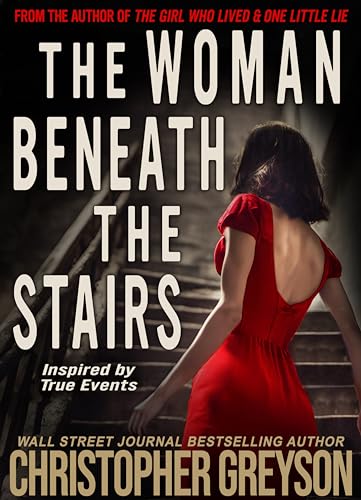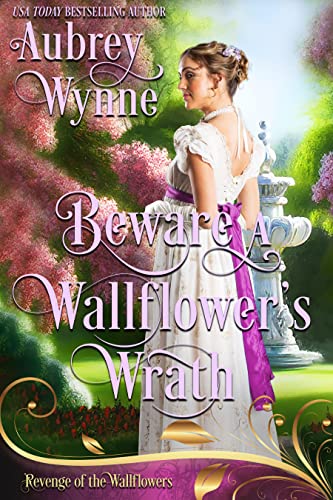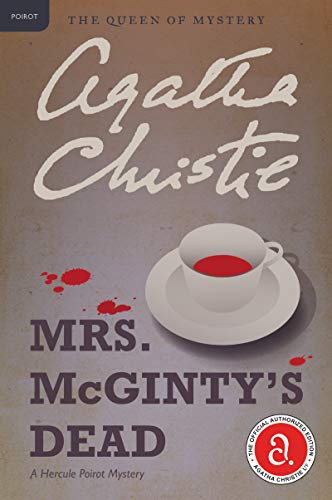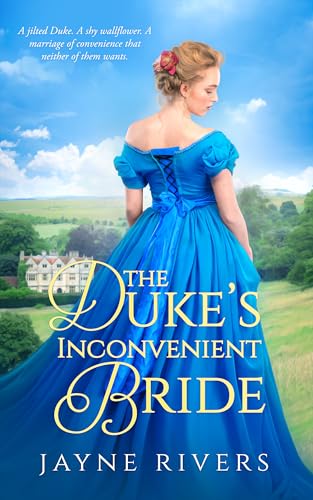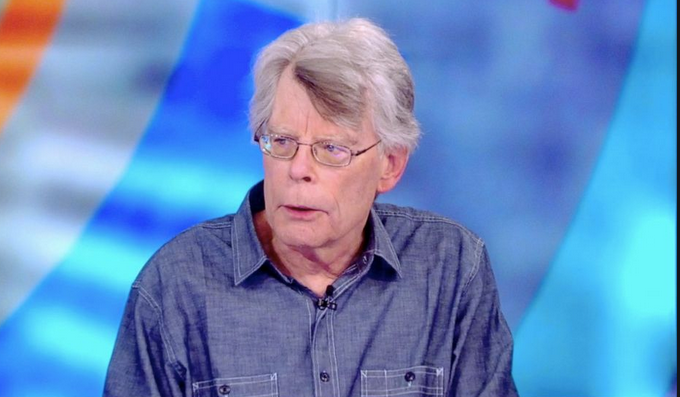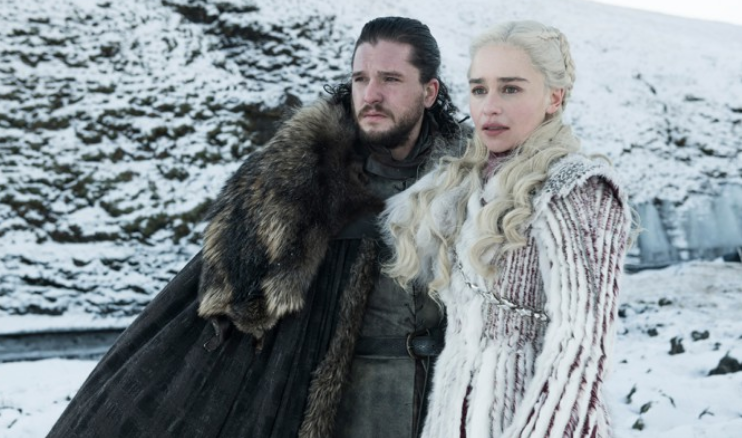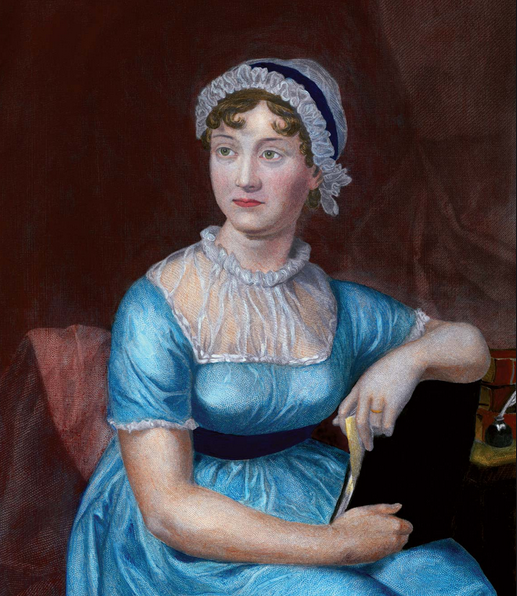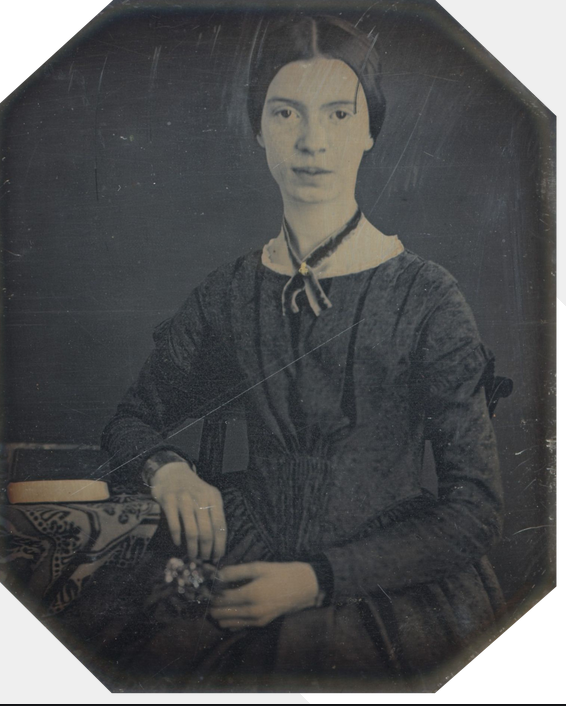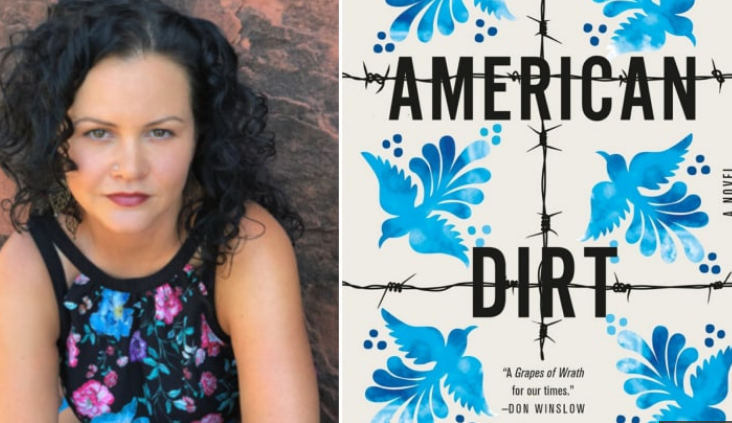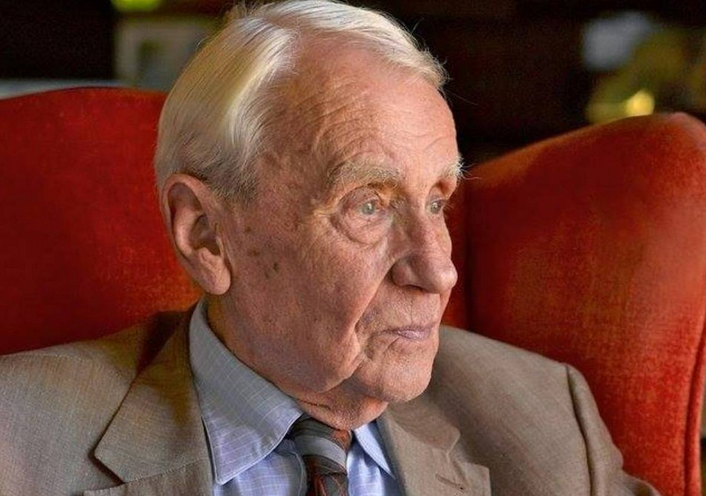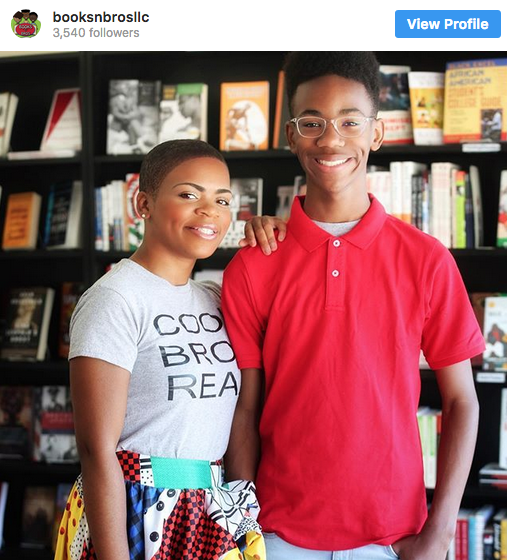According to Alison Flood from The Guardian, Stephen King is now clarifying controversial comments about diversity, acknowledging that while in a perfect world ‘judgments of creative excellence should be blind’, we’re not there yet… Support our news coverage by subscribing to our Kindle Nation Daily Digest. Joining is free right now!
Stephen King has rowed back on his controversial comments about diversity in the Oscars, acknowledging in a lengthy essay that the awards are still “rigged in favor of the white folks”.
King provoked anger among authors and fans after tweeting earlier this month that he “would never consider diversity in matters of art. Only quality. It seems to me that to do otherwise would be wrong.” King is able to nominate films in three Oscars categories – best picture, adapted screenplay and original screenplay – and had been commenting on the lack of recognition for women and artists of colour in this year’s Oscars nominations.
“Damn, Stephen. Damn. I thought you were better than this,” said the award-winning American science fiction writer NK Jemisin. “It should be obvious that diversity and quality aren’t separate qualities, or in opposition to each other – except in the minds of bigots”. Writer Roxane Gay agreed. “As a fan, this is painful to read from you,” she told King. “It implies that diversity and quality cannot be synonymous. They are not separate things. Quality is everywhere but most industries only believe in quality from one demographic. And now, here you are.”
King later clarified his comments on Twitter, adding: “The most important thing we can do as artists and creative people is make sure everyone has the same fair shot, regardless of sex, color, or orientation. Right now such people are badly underrepresented, and not only in the arts. You can’t win awards if you’re shut out of the game.”
Read full post on The Guardian




